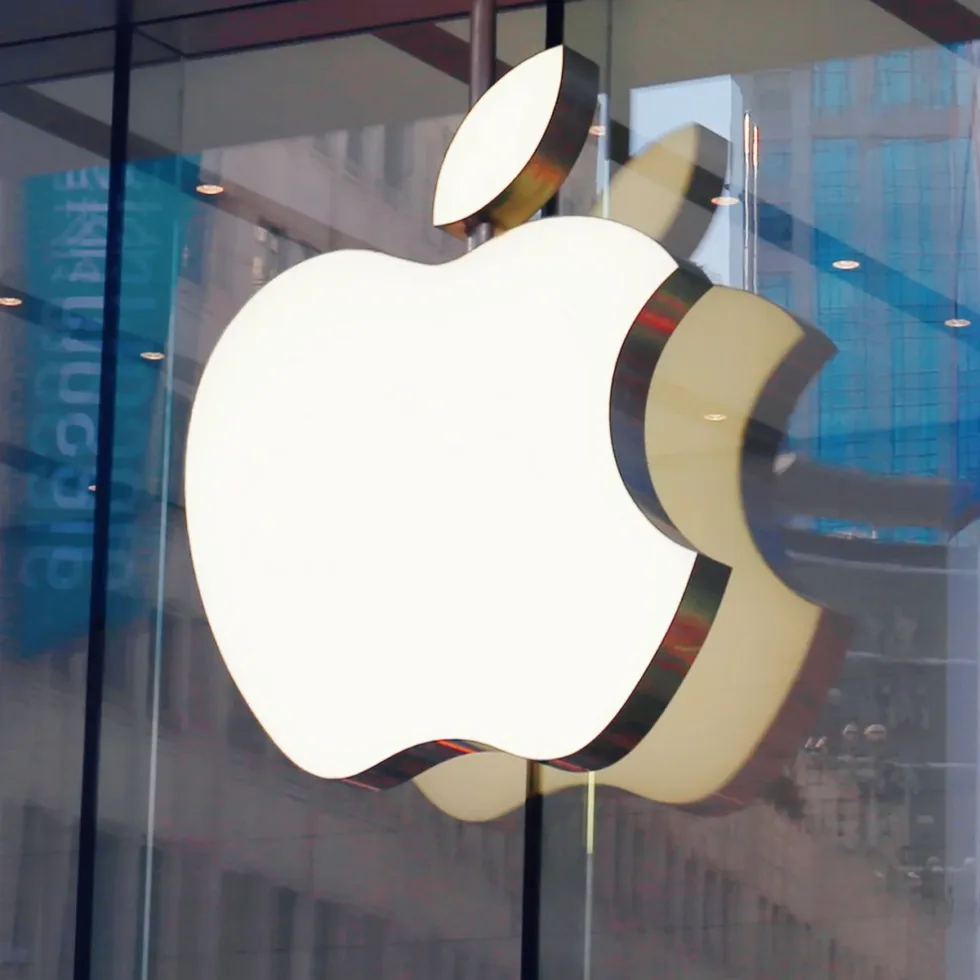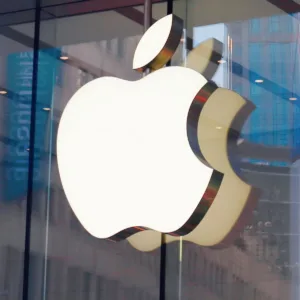

The U.S. government and and 15 states on Thursday sued Apple. U.S. and state officials say that Apple has a smartphone monopoly in the United States.
“Consumers should not have to pay higher prices because companies violate the antitrust laws,” Attorney General Merrick Garland said in a statement. “If left unchallenged, Apple will only continue to strengthen its smartphone monopoly.”
A quick look at the lawsuit filing has a central theme: Apple is using its influence to get more money from the people who buy the phones, app makers, small businesses and merchants. The outcome of the lawsuit could mean major changes to the way phones and the apps on them are purchased.
Consumer hardware firms, such as smart-tracker maker Tile Inc, have long complained that Apple has restricted the ways in which they can work with the iPhone’s sensors while developing competing products that have greater access.
Similarly, Apple has restricted access to a chip in the iPhone that allows for contactless payments. Credit cards can only be added to the iPhone by using Apple’s own Apple Pay service.
Apple has also faced criticism over its iMessage service, which only works on Apple devices, though the company has worked with Android to improve messages between the two devices.





